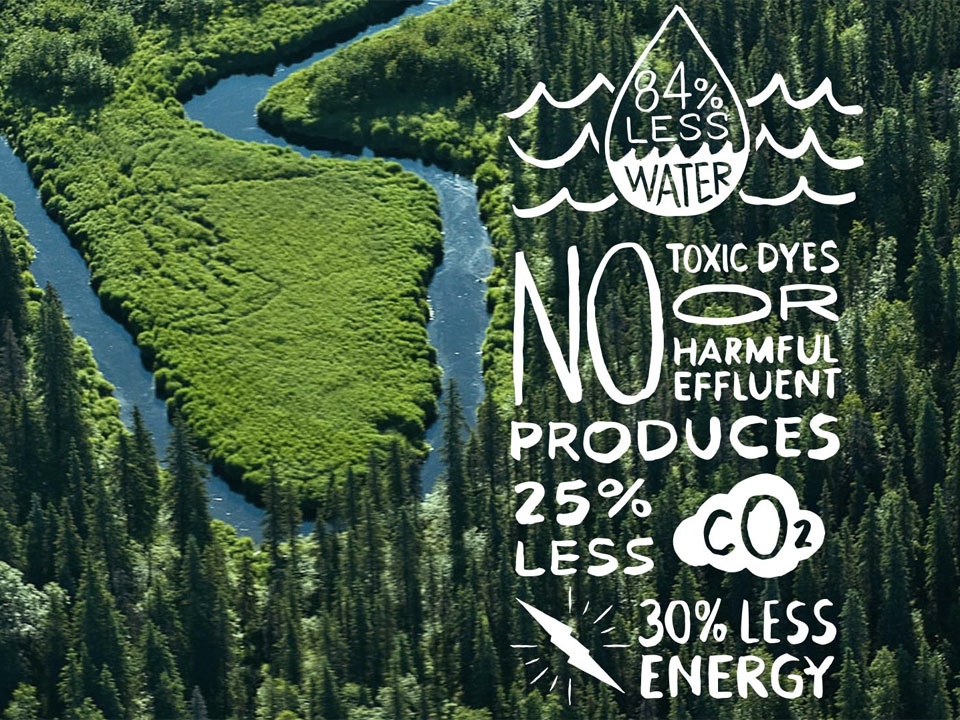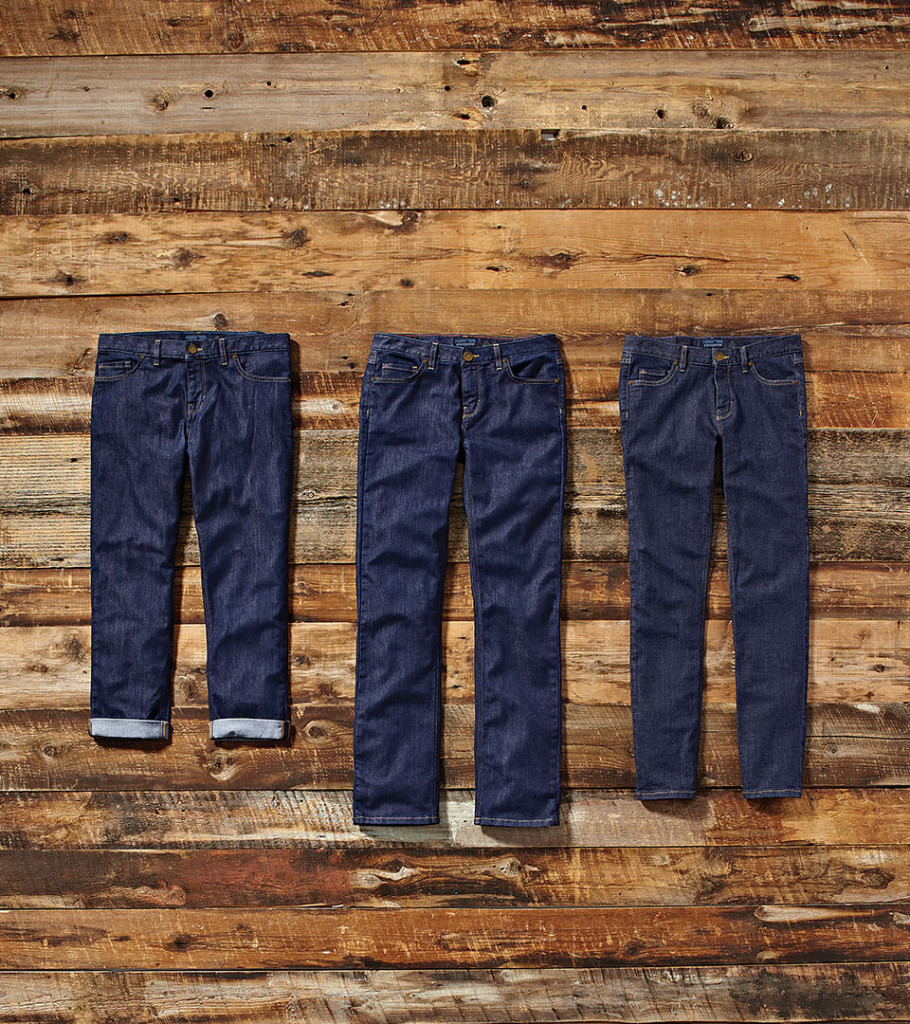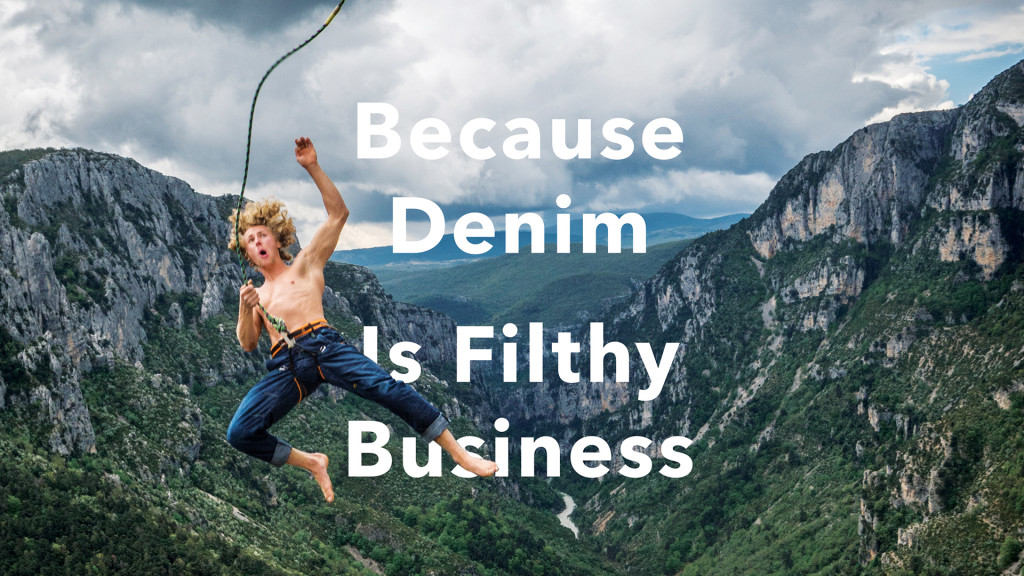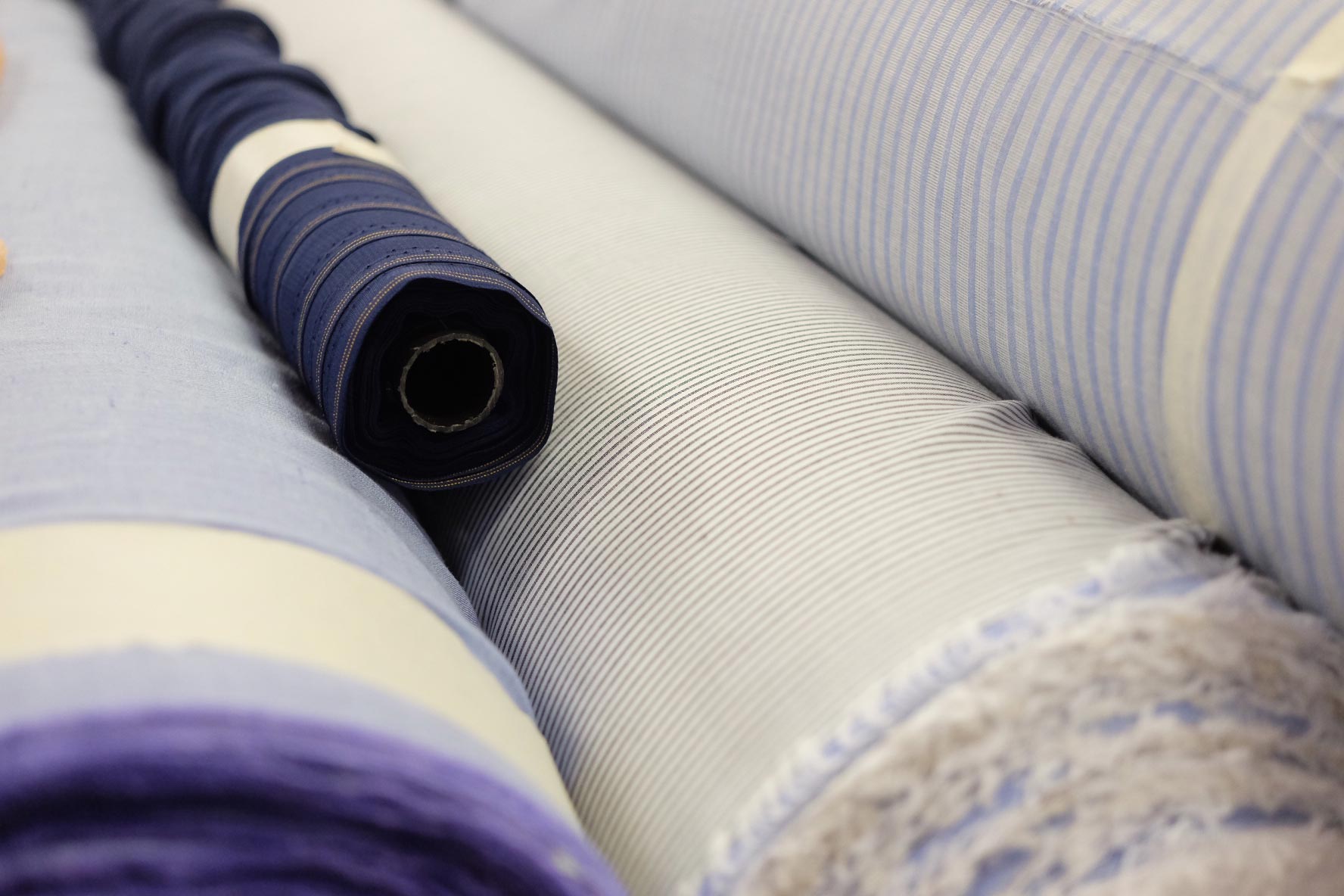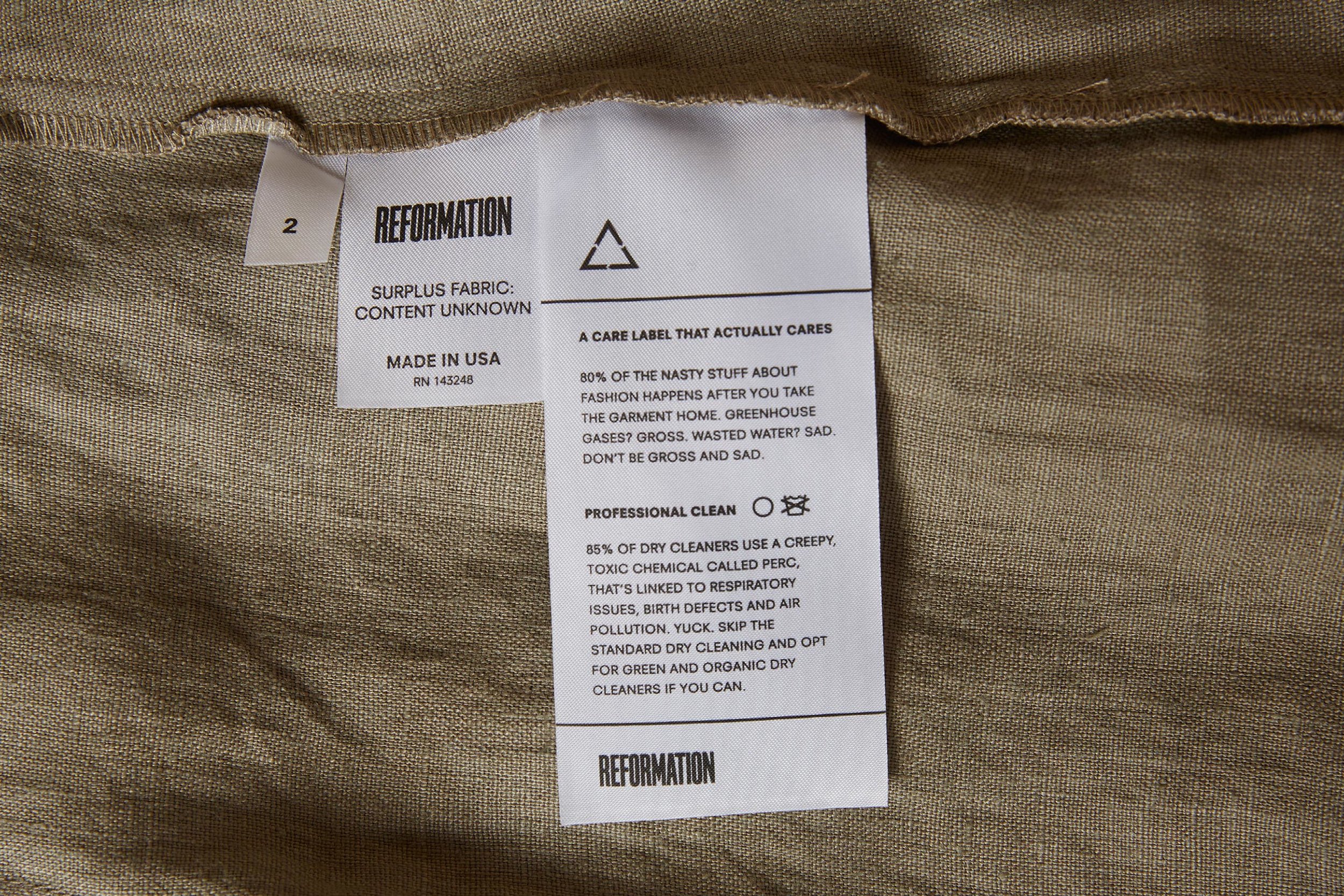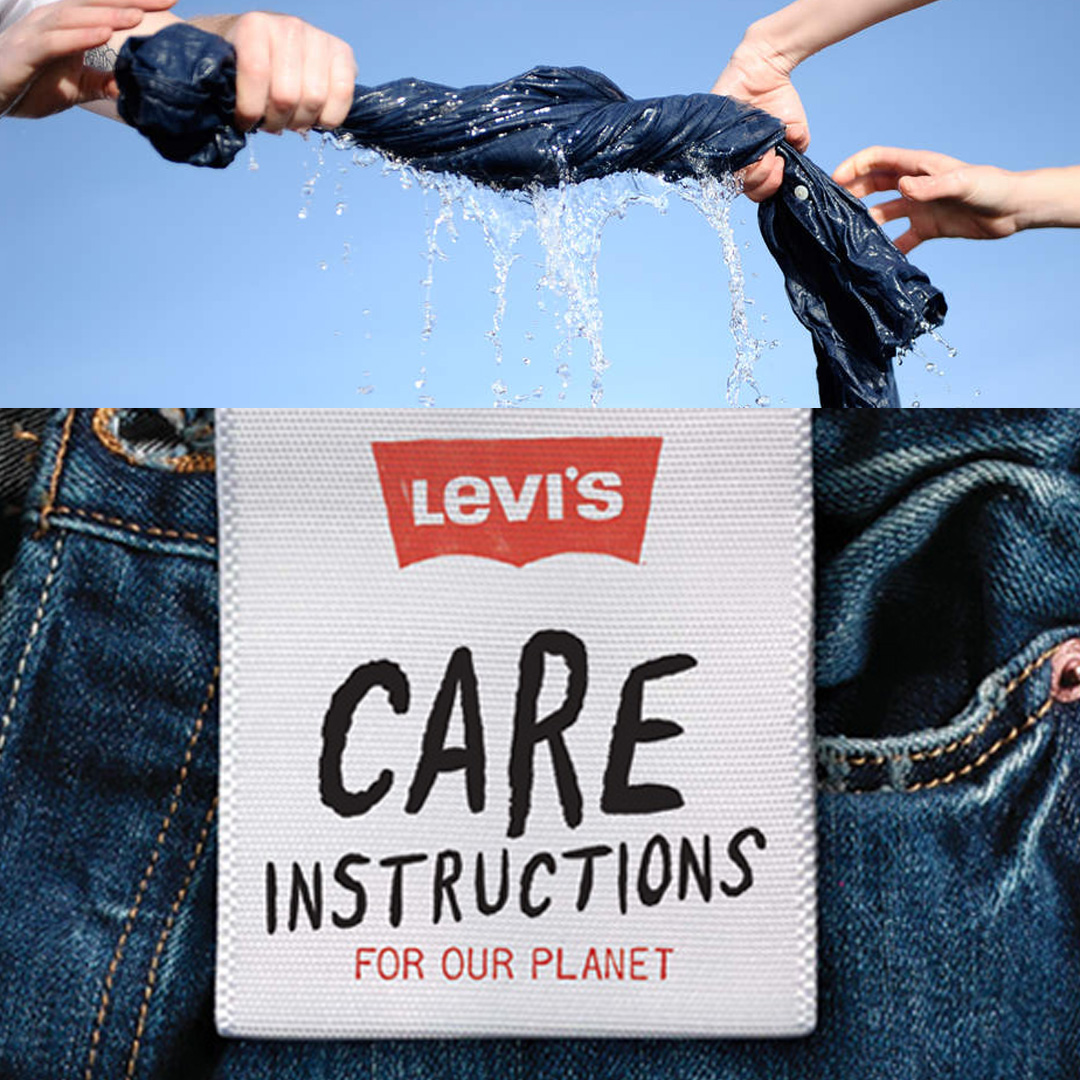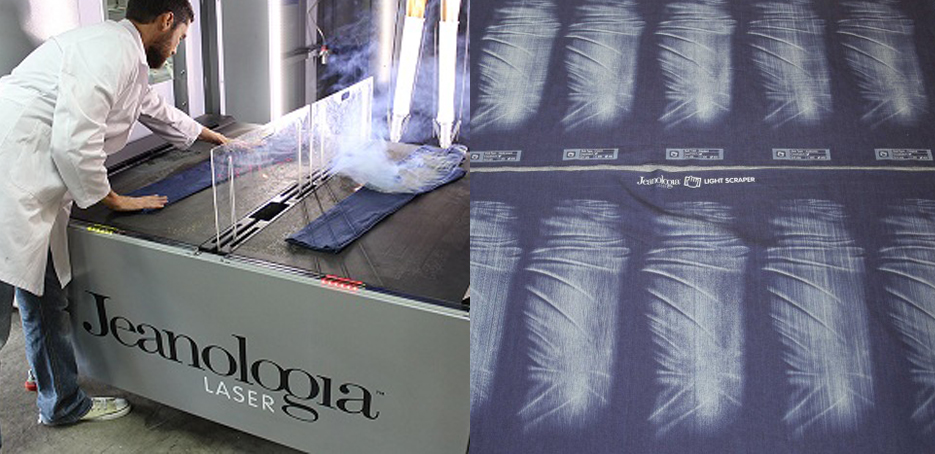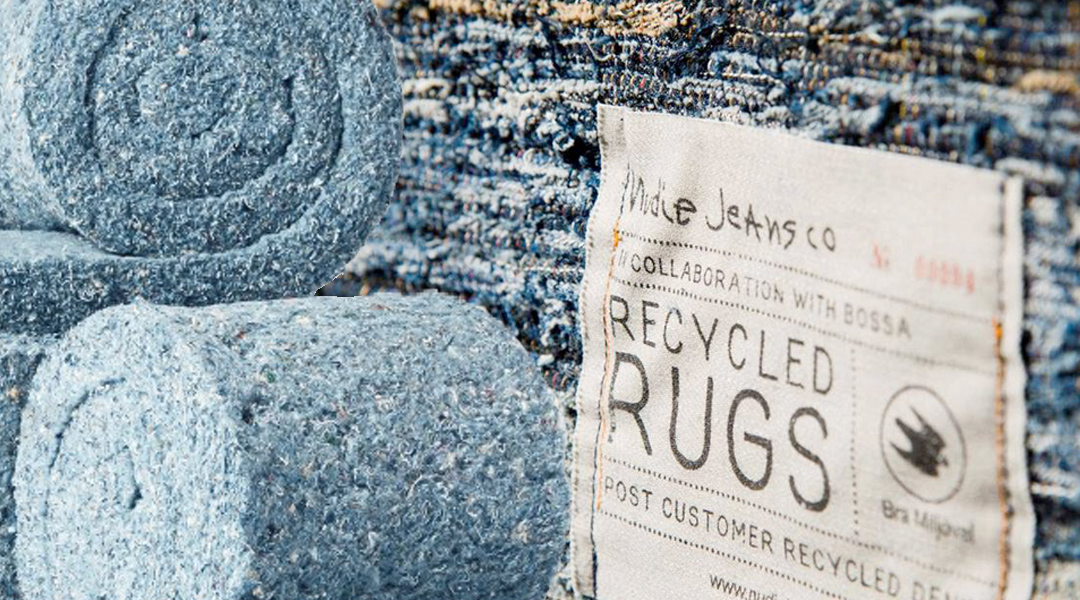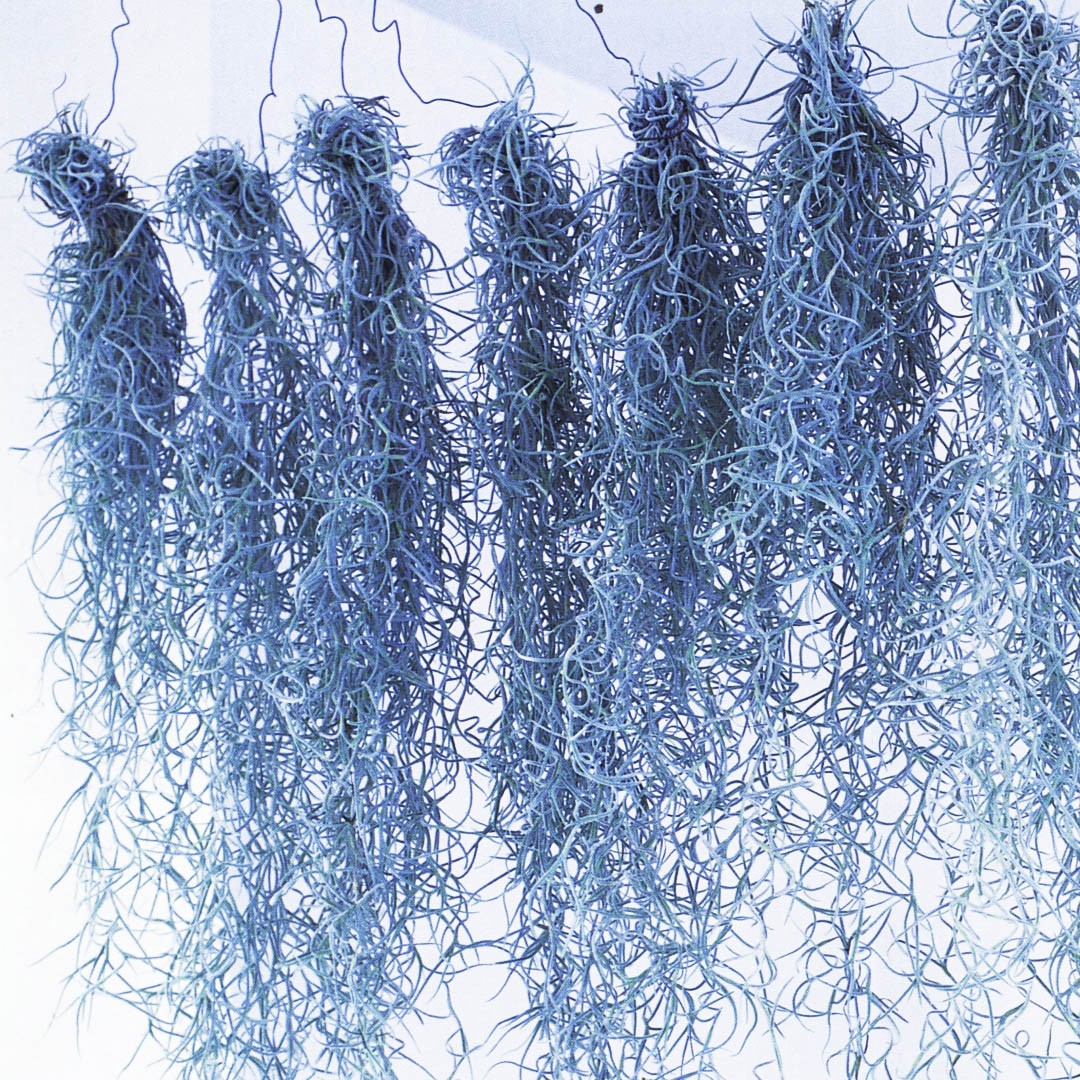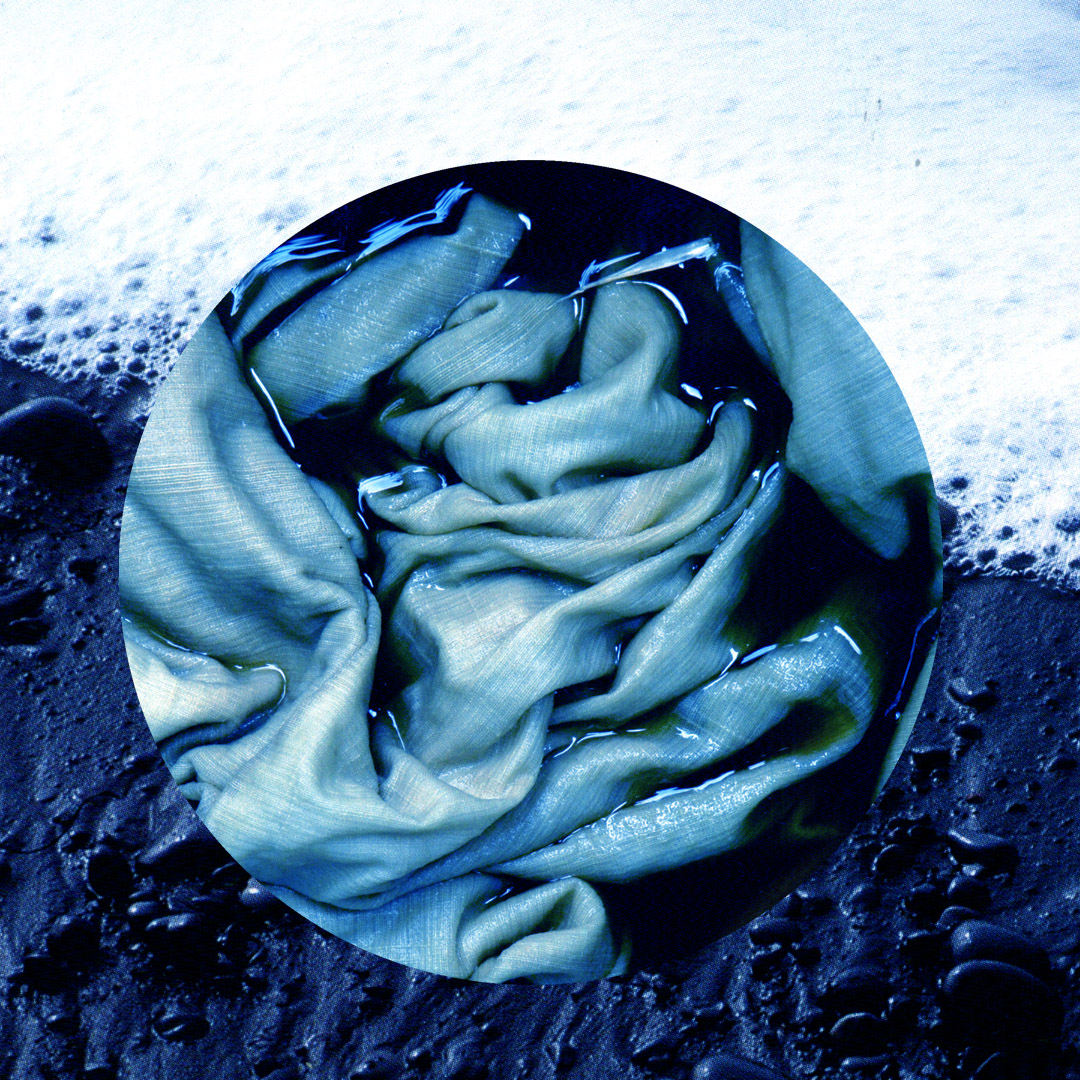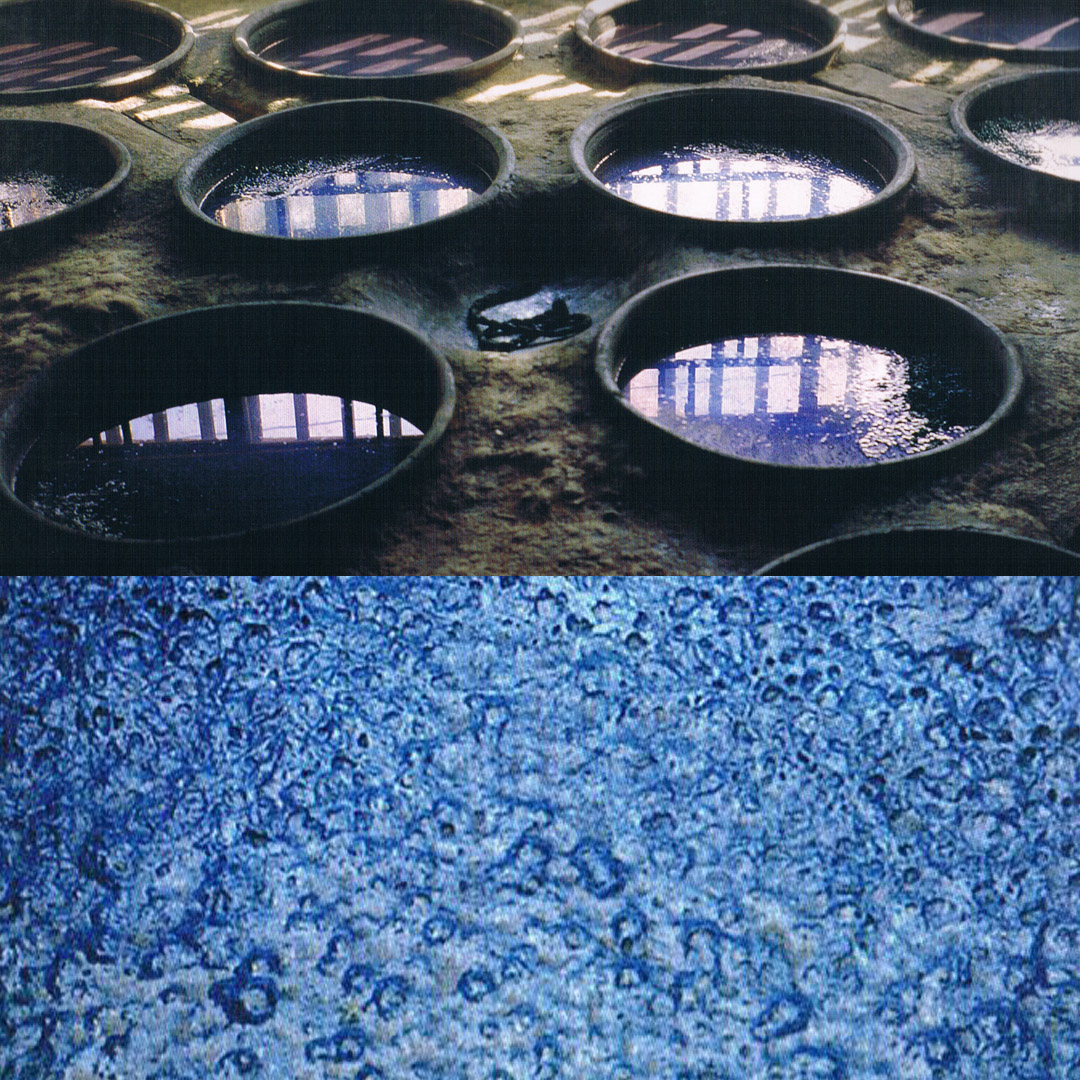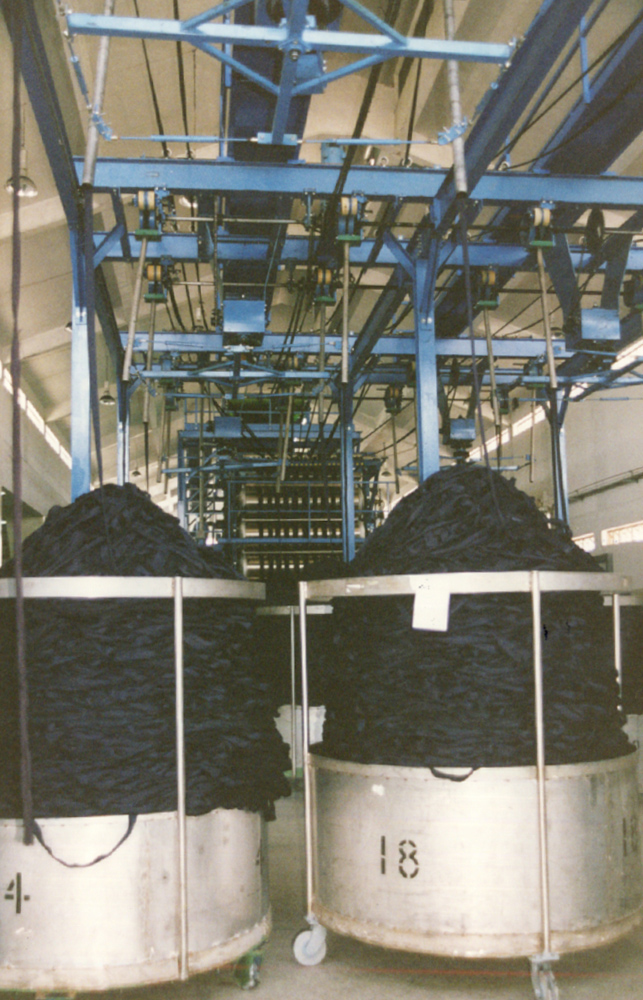Patagonia
Environmentalism is what drives this conscience driven brand. For Patagonia the act of giving to local environmental groups is not charity it is a way and the cost of doing business.
For their small jeans line Pataonia uses a special dye process that bonds colour more easily onto the fabric which results in a denim which wears down naturally without need of washing. Their recent collection comprises 3 raw men’s and 3 raw women’s garments none of which will touch water as they wear in to the owners shape.
Patagonia and social responsibility:
- Ensuring humane working conditions throughout all their supply chain.
- Adhering to Intl. labour and human rights standards.
Patagonia and their Environmentalism drive:
- They give 1% of all sales to support environmental organisations around the World funding at grass roots levels.
- Donations of some $78 million in cash and kind since 1985 in services to thousands of community based groups working to create positive change in the planet.
So what are the funded projects doing?
- Taking down dams
- Restoring forests and rivers
- Finding solutions to mitigate climate change
- Protecting land and marine habitats
- Protecting endangered plants and animals
- Supporting local organic and sustainable agriculture
And what of their clothes?
- “ Patagonia’s worn wear” = repair; recycle it; make it last
- “Recycled fibre” = Patagonia’s fleece tops are made from 100% recycle plastic bottles into polyester fibre.
Reformation
Commitment to best ecologically sustainable and social practices goes beyond the basics. Reformation Denim makes these practices an integral part of their brand ethos.
They put sustainability at the core of everything they do.
Using the most efficient, eco friendly and pro-social technologies and practices possible.
At the factory.
They invest in green building infrastructure minimising waste, water and energy footprints. They invest in people by providing on the job training at their manufacturing facilities thereby providing opportunities for the future for their local workers.
REFORMATION Source electricity from 100% wind power supplies, using LED lighting, installing a “cool” roof which reflects heat and light away, offsetting about 200 tons of C02 equivalent emissions per year.
They recycle compost organic waste, donate all the textile scraps with zero waste being the goal.
Over 75% of the workforce are women or from ethnic minorities and all are paid more than the minimum wage.
By mainly selling their clothes on line the company uses 30% less energy than standard retail.
They also control their shipping and supply chain partners to ensure that even they adhere to the lowest impact solutions possible.
When applying for certification to B-Corps whose environmental standards are rigorous Reformation did not have to do anything more than what they are already doing to immediately be certified.

